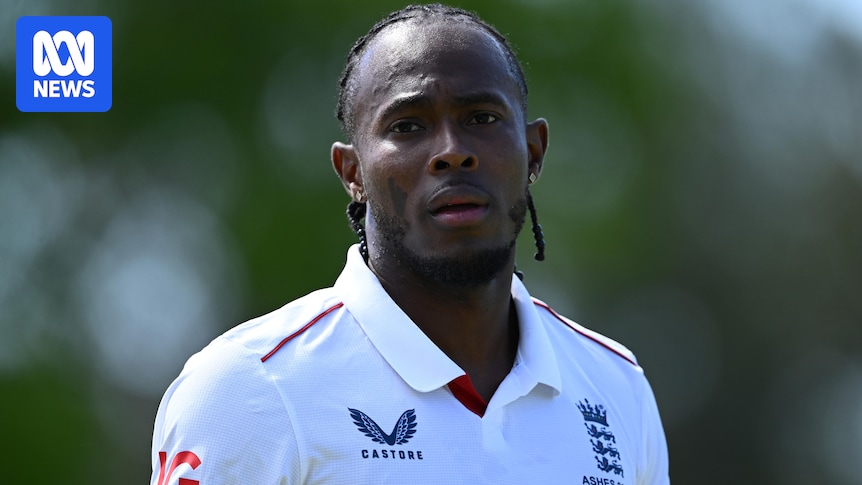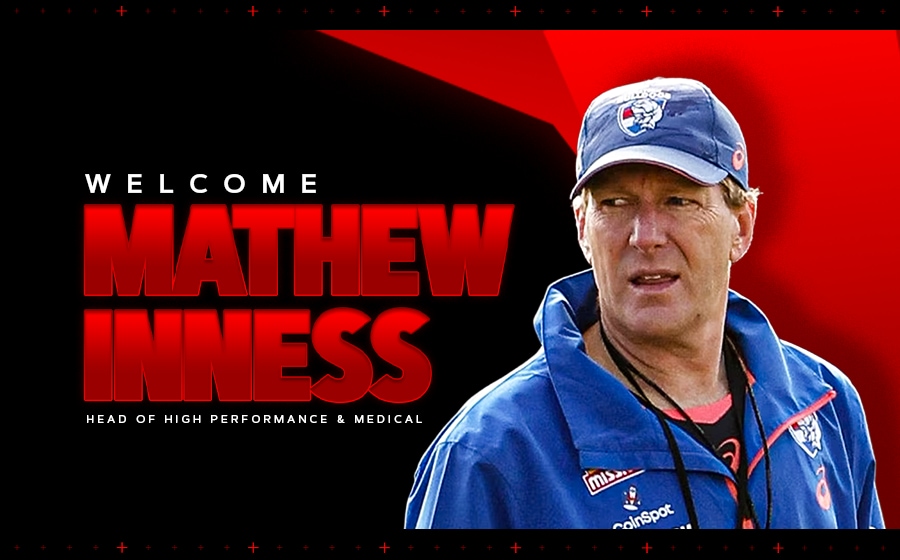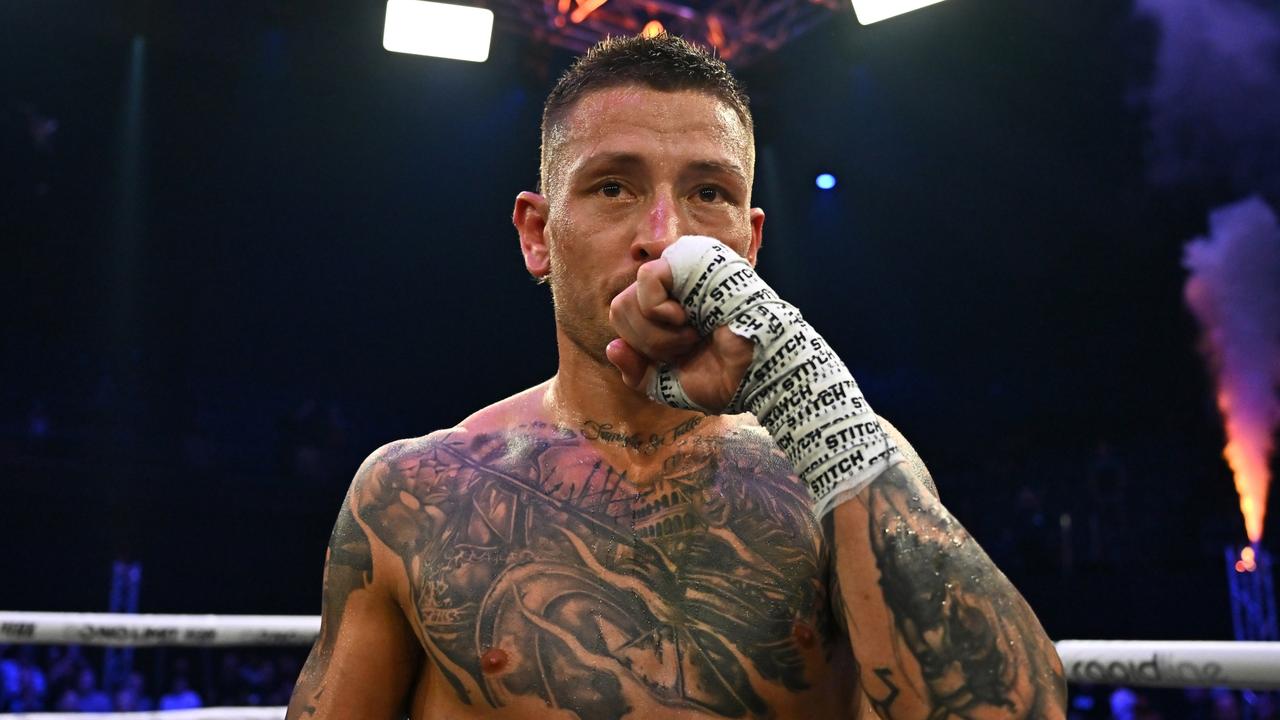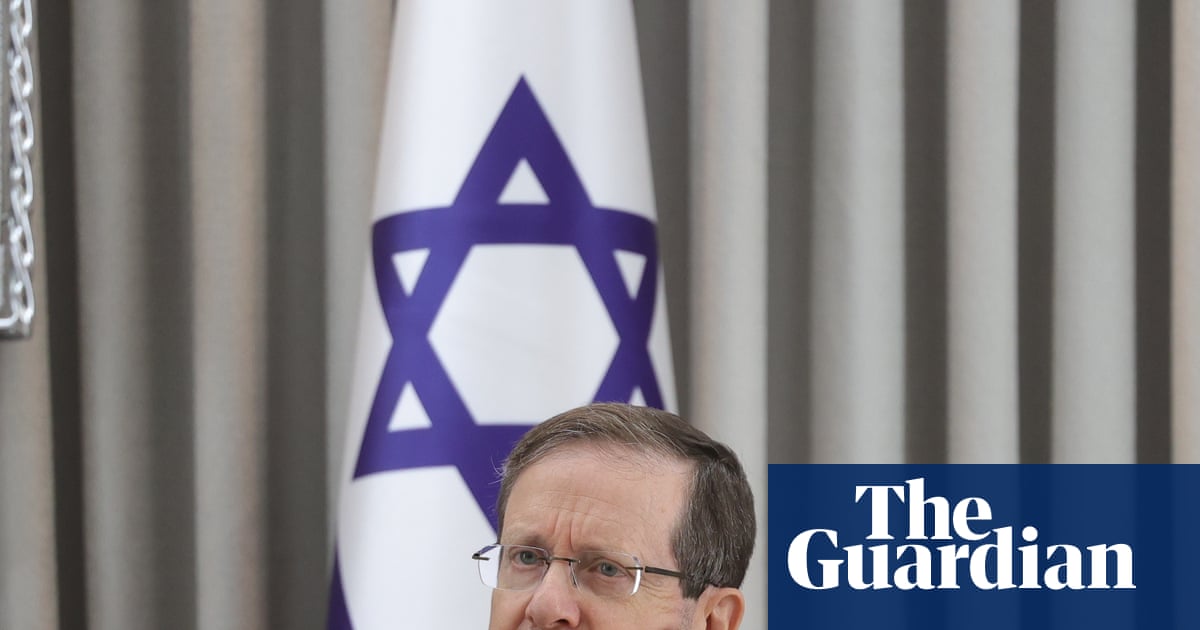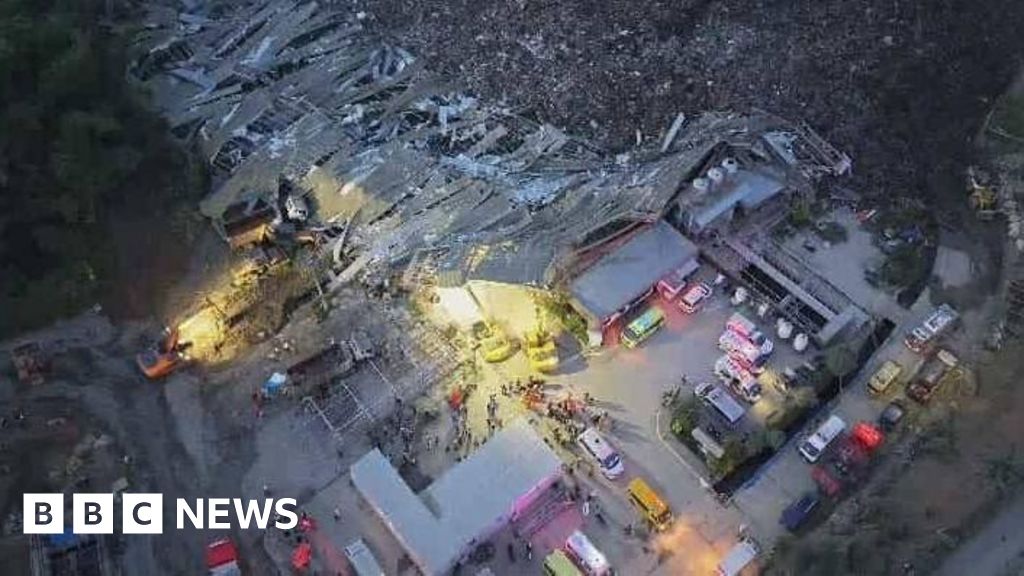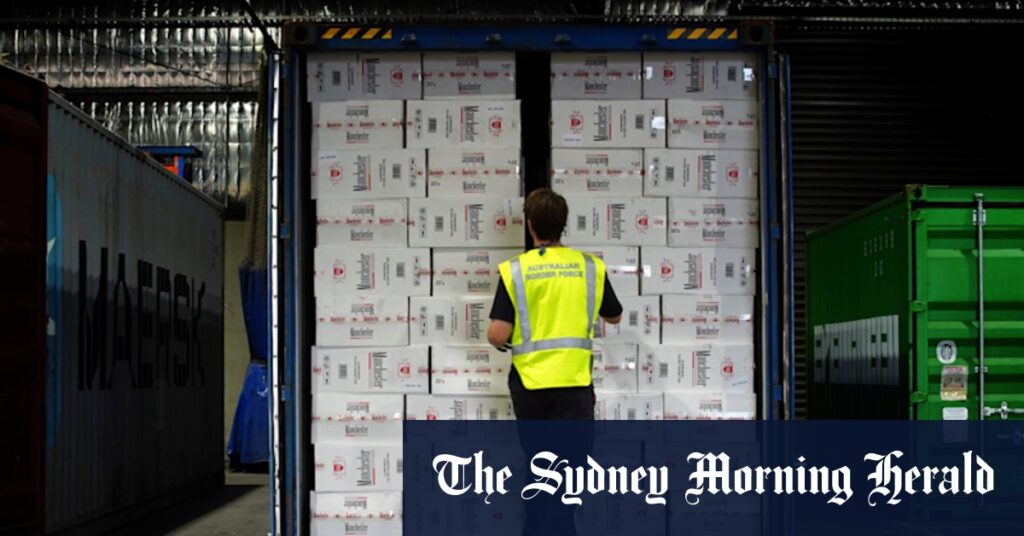
Illegal tobacco importers in Australia are now under the same scrutiny as weapons and drug smugglers, as a federal campaign leverages global intelligence sharing to combat the burgeoning black market for cigarettes. This initiative comes as the Labor government dismisses calls to reduce the excise on cigarettes, despite claims that high taxes have driven consumers toward illicit products.
During a meeting on Thursday, police ministers agreed to prioritize tobacco enforcement, aligning with the Albanese government’s push for uniform state licensing, substantial fines for retailers, and severe penalties for criminal importers. These measures aim to curb the sector that fuels gang wars and firebombings in cities like Sydney and Melbourne.
Government’s Firm Stance on Tobacco Excise
Despite pressure from New South Wales Premier Chris Minns and some Coalition MPs to cut tobacco excise, the government remains steadfast. They argue that the rising excise has inadvertently encouraged smokers to purchase illegal cigarettes, impacting the budget significantly. Assistant Minister for Customs Julian Hill stated unequivocally that the government would not “back off and will not surrender our health policy to organised crime.”
Hill emphasized, “There are tried and tested strategies law enforcement agencies use to disrupt trade in other illicit goods, be they drugs or weapons. This is a multi-pronged, multi-year, multi-jurisdiction fight.”
Seizing the Opportunity: A Surge in Enforcement
Federal figures indicate a threefold increase in the number of cigarettes seized compared to four years ago. In the initial months of this financial year alone, 346,000 kilograms of illicit tobacco and over 2 million vapes have been confiscated. The Commonwealth is working to unify state laws on penalties and enforcement, potentially adopting South Australia’s framework, which includes fines up to $6 million for retailers.
New South Wales implemented a similar scheme on July 1, and Victoria is set to enforce its regime starting February. Meanwhile, Canberra has established enforcement partnerships with authorities in Singapore, the UAE, and Thailand, among others, to intercept tobacco shipments to Australia.
International Collaboration and Domestic Challenges
While offshore intelligence sharing is operational, Hill noted, “more is being and needs to be done post the border in partnership with the states” and the newly appointed tobacco commissioner, Amber Shuhyta. “We’re rapidly deepening our partnerships with other nations around the region and beyond. The intelligence picture is improving our targeting, which is improving our seizure rate,” Hill said.
Recent operations underscore the scale of the problem: a man was arrested in Victoria for allegedly importing seven tonnes of tobacco; 4 million illegal cigarettes were seized in Operation Smokehaze in Western Australia and New South Wales; and Queensland’s Operation Waxweed resulted in the confiscation of 30 million cigarettes and 40,000 vapes.
The Economic and Social Implications
The Coalition has criticized Labor for slow enforcement actions, arguing that organized crime profits from vapes and black-market tobacco to fund other criminal activities, such as trafficking and cybercrime. This poses a risk to Australia’s stringent tobacco controls.
Home Affairs Minister Tony Burke convened a meeting of state police ministers in Canberra to discuss integrating police, border officials, intelligence, state health organizations, and consumer authorities. The illegal tobacco market has surged, with packs selling for about 80% less than legal cigarettes in some outlets. Coles highlighted this issue in August, reporting a drop in cigarette sales from $300 million four years ago to approximately $60 million.
The most recent data from 2022-23 indicates about 20% of the tobacco market is illegal. However, research published in the Australian and New Zealand Journal of Public Health suggests this figure is likely underestimated.
Alongside the declining tobacco excise, which has hit its lowest level in 14 years, the federal budget faces a $17.6 billion shortfall, increasing reliance on heavily taxed wage earners. In June, Minns called for a reconsideration of the “massive” federal excise, which both major parties have increased over the years to discourage smoking and generate revenue.
Looking Ahead: A Unified Approach
Hill, echoing Treasurer Jim Chalmers, stated that reducing the excise is not under consideration. “The narrative that some are putting out, that somehow the excise on tobacco has magically caused this problem, is simply not borne out by the facts,” he said. “Countries worldwide with little or no excise also face growing illicit tobacco markets.”
He added, “Decades of health research show that price is the most significant factor in quitting smoking or cutting back. Australia’s success in reducing smoking rates has saved and extended countless lives. No one can point to a magic level of excise reduction that would solve this problem, given the low production costs and profitability of illegal trade.”
The academic journal, authored by researchers at the Cancer Council and universities in Melbourne and New South Wales, criticized calls to revert the excise to pre-2020 levels as “ill-informed.” They argued that weaker enforcement in New South Wales and Victoria has allowed the issue to thrive.
“Such a move would be very unlikely to address the problem of rising illicit tobacco sales as illicit products are currently being sold at much lower prices than taxed tobacco products in 2020,” the paper reads.
As Australia intensifies its fight against illegal tobacco, the government remains committed to maintaining stringent controls while working collaboratively with international partners to dismantle the networks fueling this illicit trade.
